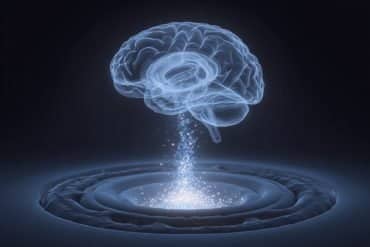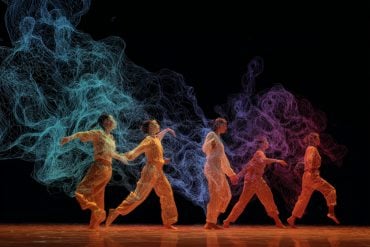Summary: Experiencing inadequate sleep impacts emotional processing, altering perceptions of pleasant or neutral stimuli by imposing a negative emotional bias.
Source: Wiley
In a recent Journal of Sleep Research study, participants perceived pleasant and neutral pictures in a more negative way when their sleep was restricted for several nights in a row.
In the study, participants were tested the morning after 5 nights of regular sleep and after 5 consecutive nights of sleep restriction (5 hours a night).
“Insufficient sleep may impose a negative emotional bias, leading to an increased tendency to evaluate emotional stimuli as negative,” said lead author Daniela Tempesta, PhD, of the University of L’Aquila, in Italy. She noted that the findings are especially pertinent because chronic sleep restriction is a common and underestimated health problem in the general population. “Considering the pervasiveness of insufficient sleep in modern society, our results have potential implications for daily life, as well as in clinical settings.”
About this neuroscience research article
Source:
Wiley
Media Contacts:
Penny Smith – Wiley
Image Source:
The image is in the public domain.
Original Research: Closed access
“The impact of five nights of sleep restriction on emotional reactivity”. Daniela Tempesta, Federico Salfi, Luigi De Gennaro, Michele Ferrara.
Journal of Sleep Research doi:10.1111/jsr.13022.
Abstract
The impact of five nights of sleep restriction on emotional reactivity
An inadequate amount of sleep can negatively affect emotional processing, causing behavioural and neurofunctional changes. However, unlike the condition of total sleep deprivation, which has been extensively studied, the effects of prolonged sleep restriction have received less attention. In this study, we evaluated, for the first time, the effects of five nights of sleep restriction (5 hr a night) on emotional reactivity in healthy subjects.
Forty‐two subjects were selected to participate, over two consecutive weeks, in two experimental conditions in counterbalanced order. The subjects were tested the morning after five nights of regular sleep and after five consecutive nights of sleep restriction. During the test, participants evaluated valence and arousal of 90 images selected from the International Affective Picture System.
The subjects perceived pleasant and neutral pictures in a more negative way in the sleep‐restriction condition compared to the sleep condition. This effect survived after removing the contribution of mood changes. In contrast, there was no significant difference between conditions for ratings of unpleasant pictures.
These results provide the first evidence that an inadequate amount of sleep for five consecutive nights determines an alteration of the evaluation of pleasant and neutral stimuli, imposing a negative emotional bias. Considering the pervasiveness of insufficient sleep in modern society, our results have potential implications for daily life, as well as in clinical settings.
Feel Free To Share This Psychology News.







